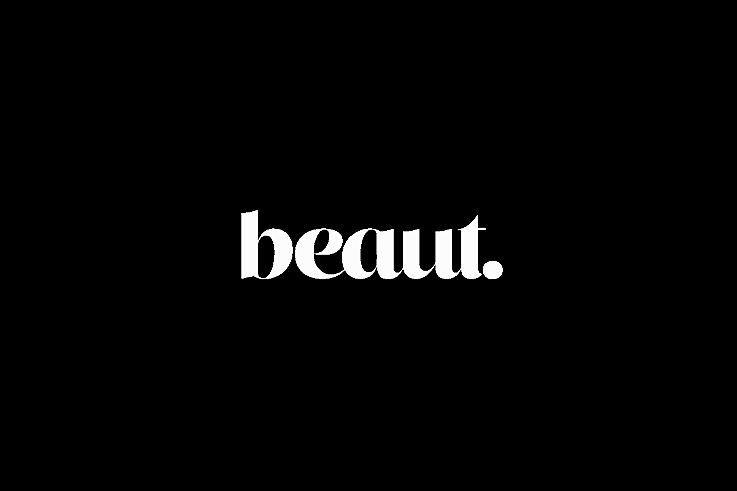
The ASAI this week upheld complaints about Club Orange's latest installment in their 'The Best Bits' campaign and it was subsequently banned. The offending advertisement was a pair of oranges on a black background with the tagline 'The Best Bits in the World'. The ASAI found that the image was 'intended to represent a pair of women's breasts' and Club Orange were 'using sexual innuendo merely to attract attention'.
This puerile campaign is brought to us by 'creative' agency, Chemistry. The associated video, originally released last Summer, is produced by Blinder, the same media company that brought us that atrocious Done Deal ad where the wife sells her purportedly gormless, middle aged husband to another woman after the question 'Is he... ahh.. a goer?'.
The ASAI also received complaints about the Done Deal ad but failed to uphold them. Apparently an advertisement can denigrate middle aged men without causing widespread offence.
Advertised
While 'morkeshing' 101 will tell you that sex sells, the entire Club Orange campaign has been lazy, reductive and frankly offensive and it would seem the Advertising Standards Agency agree.
Since the decision to ban this poster was published, my timeline on both Twitter and Facebook has been peppered with cries of hypocrisy from male friends and tweeters. Several times I've seen the Abercrombie and Fitch poster, from Dame Street, linked alongside the Club Orange offering with a flurry of question and exclamation marks in their wake. Admittedly, for a clothing advertisement, there's not a whole lot of clothes on that male model.
If we are to compare like with like and look at these pictures side by side, these mini protests raise some valid questions about double standards when it comes to advertising. Are we more likely to accept the
'tongue in cheek' argument of media agencies when a scantily clad, perfectly toned male is depicted rather than a female counterpart (or representative citrus fruits)?
There's no doubt that both examples sexually objectify men or women 'merely to attract attention' but it would seem that one is acceptable and the other not.
Advertised
Were you offended by either of these advertisements?
I'd love to hear your thoughts.





